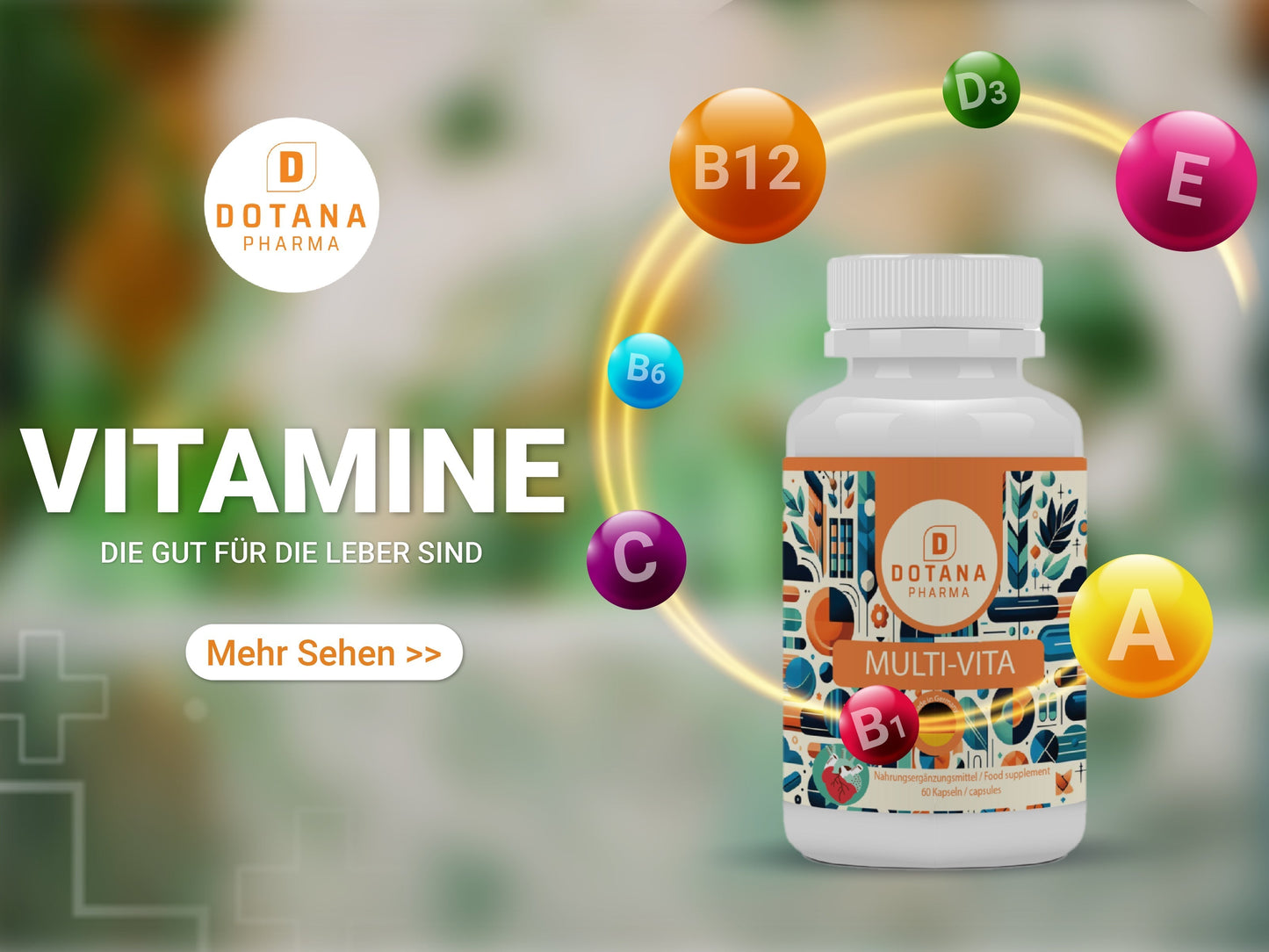
The liver is the largest internal organ in the body and the largest gland in the digestive system, performing many important functions. Vitamins are micronutrients that, although found in small amounts in the body, play a crucial role in maintaining metabolism, especially in liver health. Some vitamins that are good for the liver include vitamin A, vitamin D, vitamin B12, vitamin E, and others.
Vitamin A and Iron: Vitamin A deficiency and iron deficiency are two of the most common nutritional deficiencies. According to a study published in the May 2000 issue of the journal "Nutrition," a deficiency in vitamin A or iron can lead to deficiencies in other micronutrients. Furthermore, low iron levels can also lead to reduced vitamin A levels in the liver. Therefore, taking vitamin A and iron together can solve the problem of iron deficiency better than taking either nutrient alone. Although vitamin A is good for the liver, excessive intake can be toxic, and an excess of iron can promote liver scarring. Therefore, patients with chronic liver disease, especially cirrhosis (complications of liver scarring), should use multivitamins without iron.
Vitamin D Vitamin D is an important vitamin for health. Researchers at the University of Tennessee at Memphis have found that over 90% of patients with chronic liver disease suffer from vitamin D deficiency. They agree that severe vitamin D deficiency is extremely common in people with cirrhosis, an advanced liver disease. However, vitamin D excess usually occurs through excessive use of supplements and can cause symptoms such as loss of appetite, nausea, vomiting, elevated blood calcium levels, and growth retardation.

Vitamin E Vitamin E is one of the most important vitamins required by many organs in the body, including the liver, for normal function. Vitamin E is found in vegetable oils, meat, eggs, grains, and vegetables. People who are unable to absorb vitamin E due to a genetic disorder should supplement with dietary supplements. The role of vitamin E has been confirmed by many health experts as beneficial for people with liver disease. However, excessive intake of vitamin E can lead to adverse effects. At a dosage of 800-1000 mg per day, it can cause bleeding and blood thinning.
Vitamin B12 Vitamin B12 is the only B vitamin that can be stored in the liver. Water-soluble vitamins are generally not stored and must be consumed daily to maintain optimal health. However, according to the University of Maryland Medical Center, vitamin B12 is a healthy water-soluble vitamin that can remain in the liver for years.
In summary, some vitamins that are good for the liver include vitamin B12, vitamin E, vitamin D, vitamin A, etc. Vitamins are essential micronutrients that the body cannot synthesize itself, but they play an important role in all bodily functions and are especially beneficial for the liver. Therefore, it is important to get vitamins through a balanced diet and a healthy lifestyle to keep the liver healthy.
